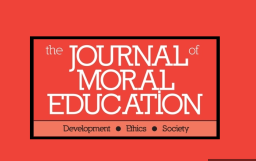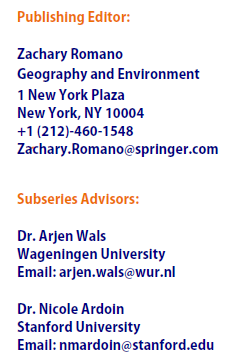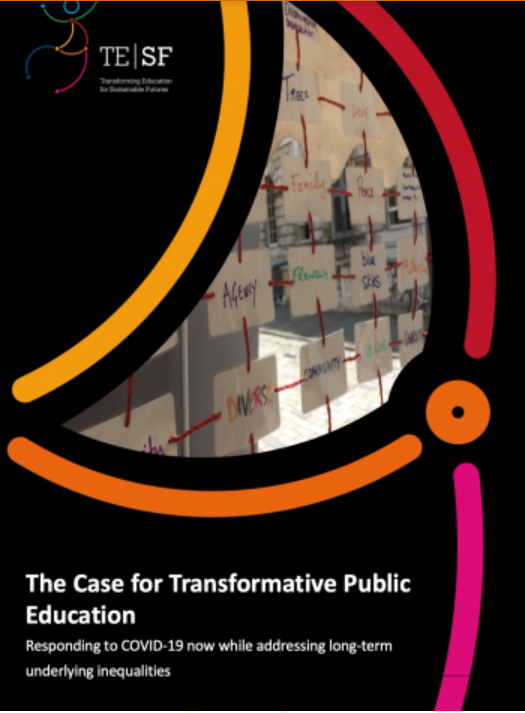
This multi-authored paper comes out of two groundbreaking riverfocused programs that are highly interconnected: Riverhood and Rivercommons. This is a foundational paper looking at the consequences and possible ways out of mega-damming, pollution and depletion endanger rivers worldwide. Meanwhile, modernist imaginaries of ordering ‘unruly waters and humans’ have become cornerstones of hydraulic-bureaucratic and capitalist development. They separate hydro/social worlds, sideline river-commons cultures, and deepen socio-environmental injustices. But myriad new water justice movements (NWJMs) proliferate: rooted, disruptive, transdisciplinary, multi-scalar coalitions that deploy alternative river–society ontologies, bridge South–North divides, and translate river-enlivening practices from local to global and vice-versa. This paper’s framework conceptualizes ‘riverhood’ to engage with NWJMs and river commoning initiatives. We suggest four interrelated ontologies, situating river socionatures as arenas of material, social and symbolic co-production: ‘river-as-ecosociety’, ‘river-as-territory’, ‘river-as-subject’, and ‘river-as-movement’.
The full paper can be found here while the team´s website movingrivers can be found here!


















